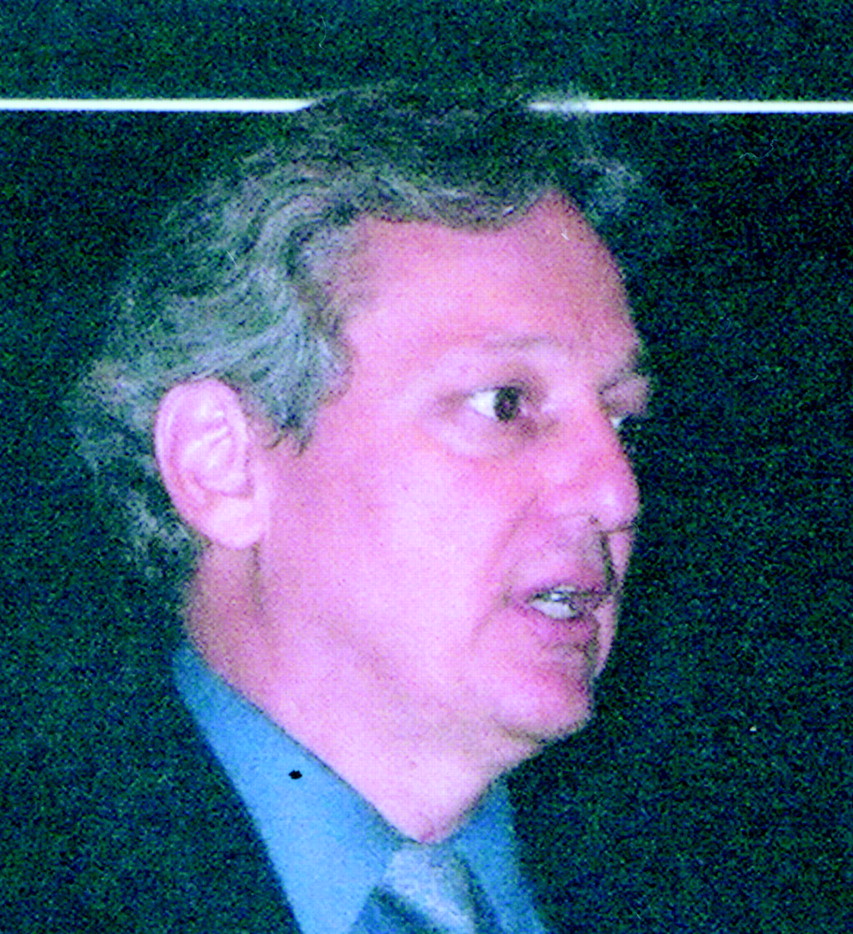Ex-Inmate Makes Prison Less-Forbidding Place to Die
Imprisoned in what can be a hostile and uncaring environment, a mental health professional left behind a legacy of compassion and decency after his release.

Psychotherapist Fleet Maull, M.A., who was incarcerated for 14 years, established the first prison hospice in the U.S. with the help of another prisoner.
However, he found deep meaning in what can be a devastating experience for many.
During the course of an APA annual meeting session in May on prison psychiatry, Maull talked about his time in and out of prison.
Maull, who is now an adjunct faculty member at Naropa University in Boulder, Colo., received his master’s degree in Buddhist and western psychology. He said he was on a spiritual quest from a young age and involved in Tibetan Buddhism.
“But I carried with me into that path a history of drug and alcohol addiction, and a past involvement with some drug trafficking—I had this split life going on,” said Maull.
That life caught up with him in 1985, when he was sentenced to 25 years in prison without parole. However, between the “good behavior” rules and one charge being dropped, he served a little over 14 years at the facility, which housed prisoners with medical, mental health, and substance use problems.
Maull said his spiritual crisis “came out of a deep sense of remorse from the pain I caused my family and spiritual community,” adding that he believes that spirituality is rooted in helping others. “I felt as if I had wasted my life, when so much of my time and energy could have been devoted to helping others.”
To remedy that situation, Maull said he began teaching meditation to his fellow prisoners, and in 1987 he created the Prison Dharma Network, which promotes meditation and Buddhism.
He began to spend time with prisoners in the facility’s hospital, many of whom were casualties of the U.S. AIDS epidemic.
Despite resistance from the prison administration, Maull established a hospice in the prison—the first prison hospice in the U.S.—with the help of another prisoner, Maull said. He and others received extensive training on bedside care, grief and bereavement, and hospice care from hospice workers outside the prison. The prisoners helped their sick and dying peers by reading to them, helping them write letters, taking them outside to the yard or to the prison chapel, and counseling and listening to the prisoners.
“Before our hospice program began,” said Maull, “men were dying in complete isolation, and the pain management was poor—prisoners were left unattended for long periods of time.”
In 1991, Maull founded the National Hospice Prison Association, which promotes hospice and palliative care within the prison system. The organization has helped to establish 25 additional prison hospice programs across the country.
Since his release from prison in 1999, Maull has served as the director of the Prison Dharma Network and the National Prison Hospice Association, as well as U.S. director of the Peacemaker Community, a global interfaith network that seeks to integrate spirituality with social action and peacemaking.
More information on the National Prison Hospice Association is posted on the Web at www.npha.org, and information on the Prison Dharma Network is posted at www.prisondharmanetwork.org. ▪



